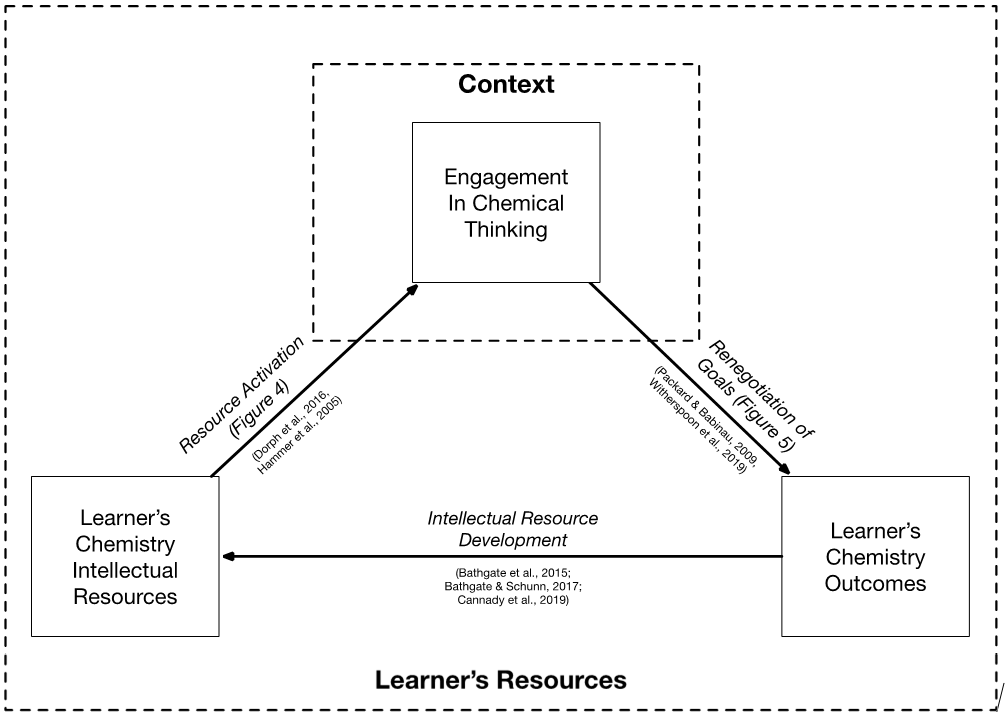School Seminar: Dr Paulette Vincent-Ruz, University of Michigan
Friday, 25 September 2020. 10am – 11am.
This seminar will be delivered via Zoom – Please email chemistry.researchsupport@sydney.edu.au for zoom link and password.
Dr Paulette Vincent-Ruz, University of Michigan
[Email:pvinruz@umich.edu]
Host: Dr Reyne Pullen, Chemistry education and communication research
Activating Identity on the Chemistry Classroom
Abstract:
When it comes to what a learner brings into an experience, it is better that we focus on semi-malleable factors, that is, constructs that can be shaped and changed through multiple experiences. Semi-malleable factors are stable enough through time to be good factors of engagement, but malleable enough that we can intervene on them. In this case, the REACT framework focuses on a class of semi-malleable factors called intellectual resources and their interaction with prior experiences. 1, shows the connection between the three concepts, referred to as the Chemistry Learner Activation Triangle.
Figure 1. Chemistry Learner Activation Triangle.
Research on the persistence of marginalized populations within science trajectories has often highlighted identity as a particularly important factor in those choices (Archer et al., 2010; Barton & Calabrese, 2007; Barton et al., 2013; Merolla & Serpe, 2013). Chemistry Identity refers to the self-perception and other perceptions of student as a science type of person. This talk will focus on why identity is a key semi-malleable resource and how to activate it in the chemistry classroom.
Biography:

Paulette is a Postdoctoral Associate in Chemistry Education at the University of Michigan. She graduated with a Bachelor of Science in chemical engineering from the National Autonomous University of Mexico (UNAM) in Mexico and obtained her Ph.D. in Learning Sciences and Policy from the University of Pittsburgh. Her research seeks to build an understanding of the systemic disadvantages that hinder the success of marginalized students in Chemistry and their effect on their intellectual resources. Intellectual resources refer to three malleable and interrelated categories: knowledge, skills, and dispositions that learners bring into the classroom. She does this by using cutting-edge quantitative methods with a #QuantCrit lens. Thanks to her unique combination of Chemistry disciplinary knowledge and Educational she became the first chemistry education researcher named a Future Leader in Chemistry on the year 2019 by CAS.


